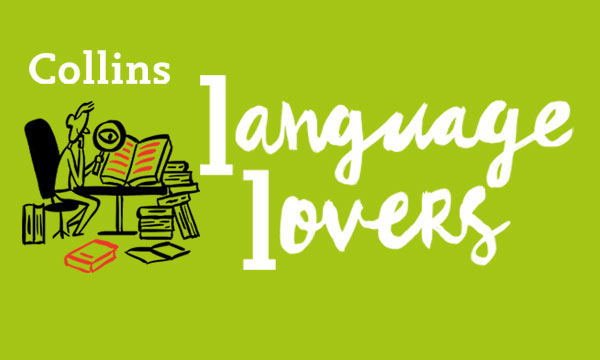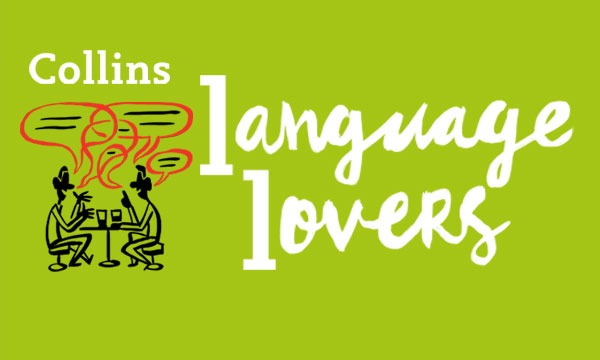It’s been a summer of cinema this year, with Greta Gerwig’s long-awaited Barbie movie finally hitting the screens at the same time as Christopher Nolan’s biographical thriller Oppenheimer.
Barbie’s marketing team have been painting the town hot pink, from transforming London’s Barbican underground station into Barbie-can, to a partnership with Airbnb that led to them creating a modern-day Malibu Dreamhouse. By contrast, Oppenheimer has taken a much moodier approach with Cillian Murphy staring darkly from posters.
The glorious juxtaposition of these wildly different films has led to the Barbenheimer phenomenon, in which film fans schedule a double bill of both films in one sitting. What does this have to do with a humble dictionary, you might ask? Well, Barbenheimer is a stellar example of a portmanteau word, one of our favourite types of wordplay!
A portmanteau (also known as a blend word) is a fantastic literary device that combines two words into a brand-new one that has its own meaning. Many literary greats have made use of portmanteaus, a famous example being Lewis Carroll, who coined the word chortle, which combines chuckle and snort. Carroll himself was the first to use the word ‘portmanteau’ to describe this type of coinage, borrowing the image of a portmanteau suitcase that opens into two halves to describe these words-of-two-halves.
In honour of this magical Barbenheimer moment, we decided to curate a list of 9 portmanteaus you need to know about.
Bromance
Example sentence: ‘Tom and Jerry had a total bromance going on.’
Soulmates aren’t just for romantic relationships; sometimes they’re completely platonic. Defined as a close non-sexual relationship between two men, a bromance takes friendship to the next level. Bromance is a blend of ‘brother’ and ‘romance’. Think Joey and Chandler in Friends, Walter and Jesse in Breaking Bad, and Harry and Ron in the Harry Potter series.
Brunch
Example sentence: ‘We went for bottomless brunch on Sunday.’
Can’t choose between breakfast and lunch? Well, thanks to this late 19th-century innovation, you no longer have to. Brunch is the best of both worlds, a meal eaten late in the morning which combines breakfast and lunch. So, whether you slept in or you just really want to eat scrambled eggs at 12pm, brunch is the perfect solution.
Example sentence: ‘You have email.’
It’s hard to imagine a world without email but once upon a time, if you wanted to talk to get in touch with someone, you’d have to pick up the phone or write a good old-fashioned letter. So, when the world wide web introduced a way of sending messages electronically, it made perfect sense to smash the words ‘electronic’ and ‘mail’ together…et voilà, email!
Floordrobe
Example sentence: ‘I think those jeans are somewhere in my floordrobe.’
Have you ever come home at the end of a long day and discarded your clothes on the floor? Or decided that jumper you just wore is too clean to go in the laundry basket but too dirty to put back in the wardrobe, so you add it to a pile? You’ve got yourself a floordrobe. Doesn’t matter if you keep the clothes on the floor, on a dedicated chair, or on your dressing table, it’s still a floor wardrobe.
Frenemy
Example sentence: ‘I wouldn’t say they’re friends, more like frenemies.’
We’ve all heard the phrase ‘keep your friends close and your enemies closer’. But what about frenemies? A portmanteau of ‘friend’ and ‘enemy’, a frenemy is somebody that you see as a friend but also a rival. You might also actively dislike a frenemy, but you keep them around because you’d rather they don’t stab you in the back. Cynical, but a smart move.
Glamping
Example sentence: ‘We went glamping at Glastonbury.’
Camping has experienced a major 21st-century glow-up. Rickety canvas tents, pouring rain and mud all over your clothes is now a thing of the past. Glamping, a combination of ‘glamorous’ and ‘camping’, is a more luxurious campaign experience, complete with bougie accommodation such as pods, yurts, or campervans, Wi-Fi, and hot showers.
Hangry
Example sentence: ‘Sorry for snapping at you, I was hangry.’
If you’ve ever experienced a short temper or mood swings that have been pacified by a snack, chances are you were feeling hangry. As you can probably guess, this combines the words ‘hungry’ and ‘angry’. And it’s not just a word: science backs it up. According to research, if your blood glucose levels are too low, your body perceives this as a life-threatening situation which makes concentration and being sociable almost impossible.
Palimony
Example sentence: ‘When Eden and Tom broke up, they agreed to pay palimony.’
Sometimes relationships just don’t work out. When married couples break up, they usually agree some kind of settlement to split assets fairly, or agree to pay alimony. But what happens if you were in a committed long-term relationship, but you never tied the knot? In the US, you might be asked to pay palimony, a blend of ‘pal’ and ‘alimony’.
Webinar
Example sentence: ‘Register for our webinar!’
There are tons of tech-related portmanteaus out there. After the chaos of 2020, there’s a good chance you’ve attended one or two webinars. But did you know that webinar is a combination of ‘web’ and ‘seminar’? Defined as an interactive seminar, webinars are usually used in a professional or educational setting.
Want to explore more? Read about the variety of portmanteaus and blend words that have appeared in English through the years, from ‘slithy’ to ‘Sloane Ranger’ to ‘screenager’, in our Language Lovers blog.
By Rachel Quin
Rachel Quin is a freelance marketer and copywriter with a love of language, books and cats.
All opinions expressed on this blog are those of the individual writers, and do not necessarily reflect the opinions or policies of Collins, or its parent company, HarperCollins.



